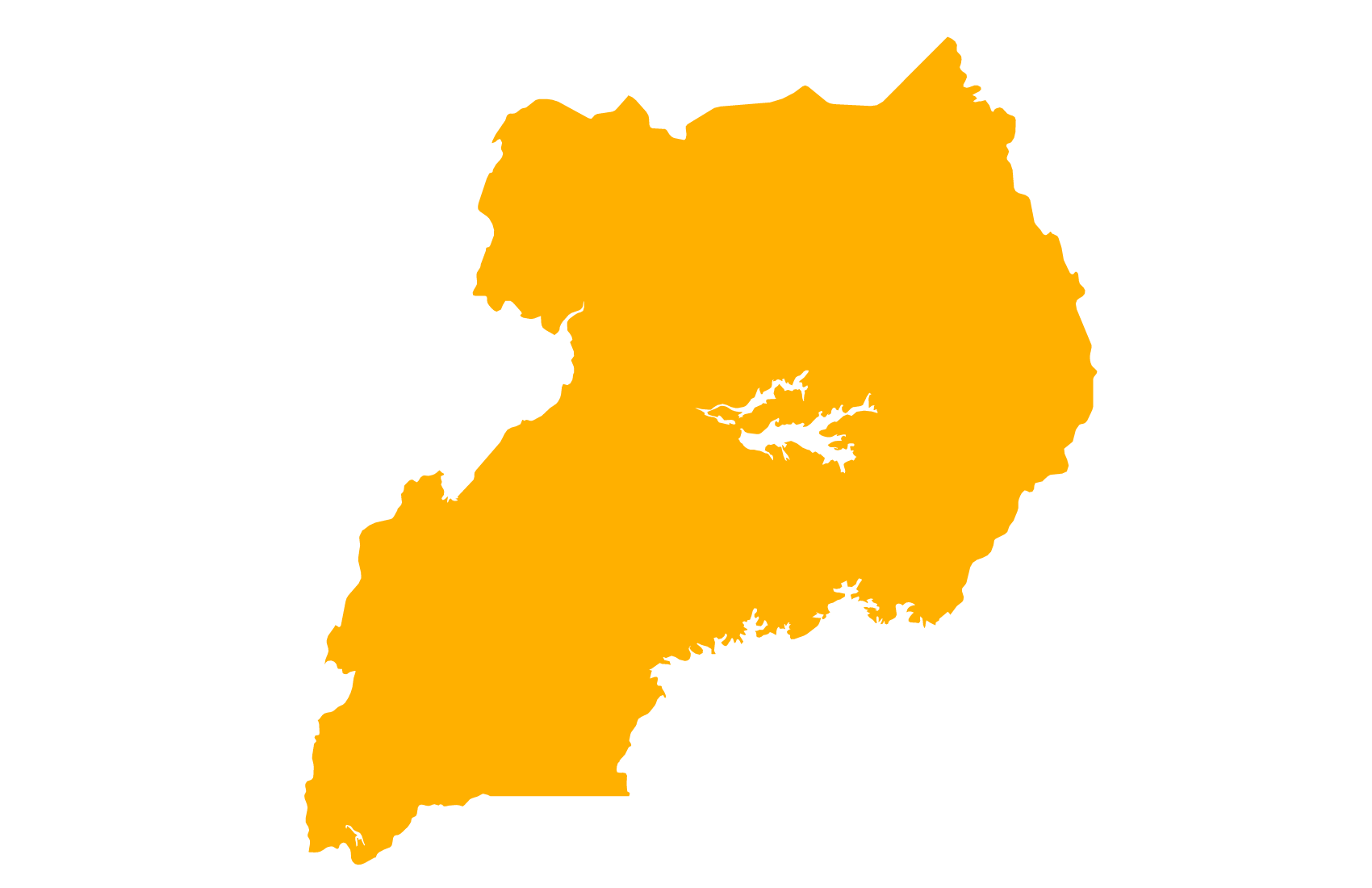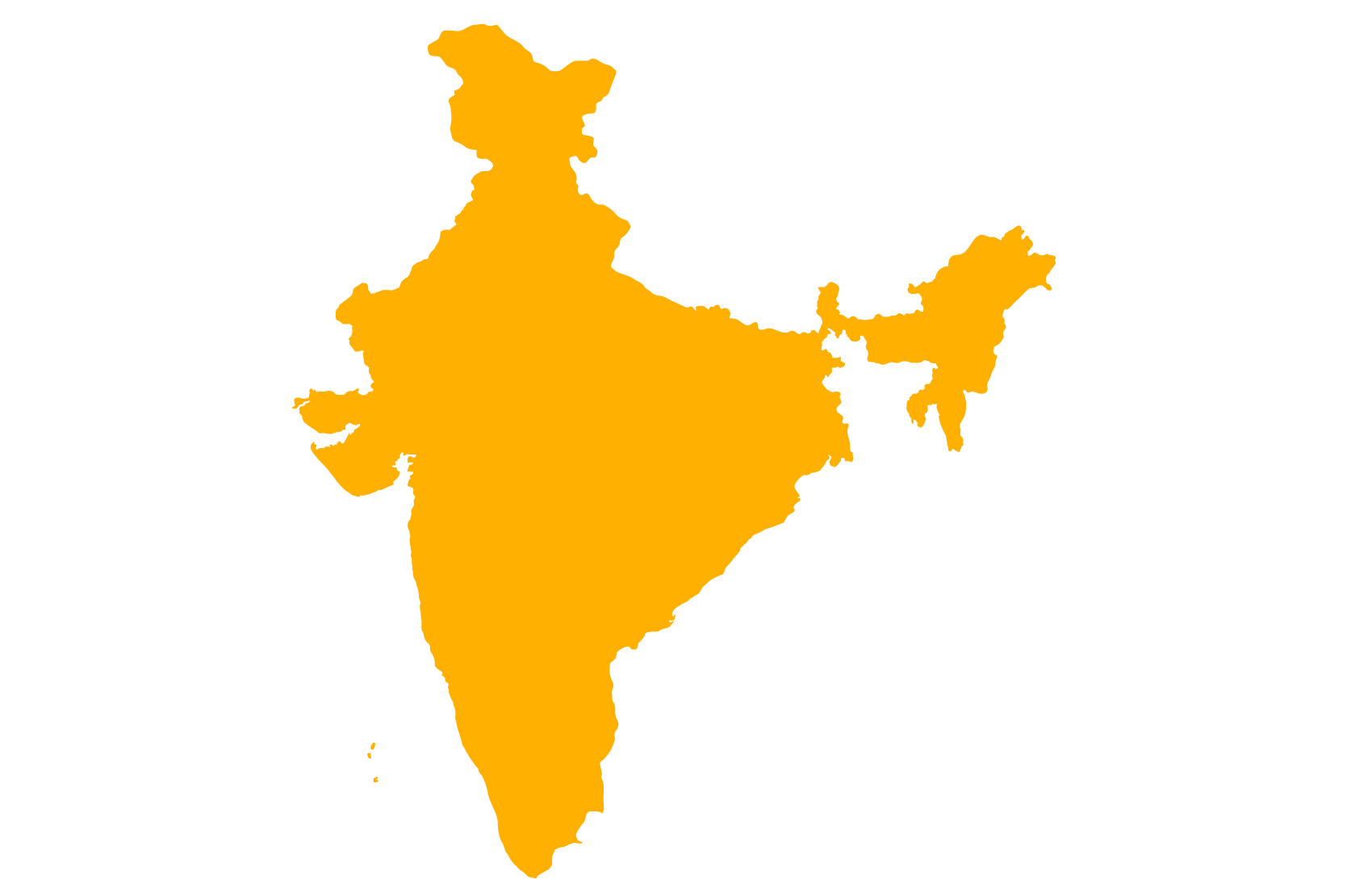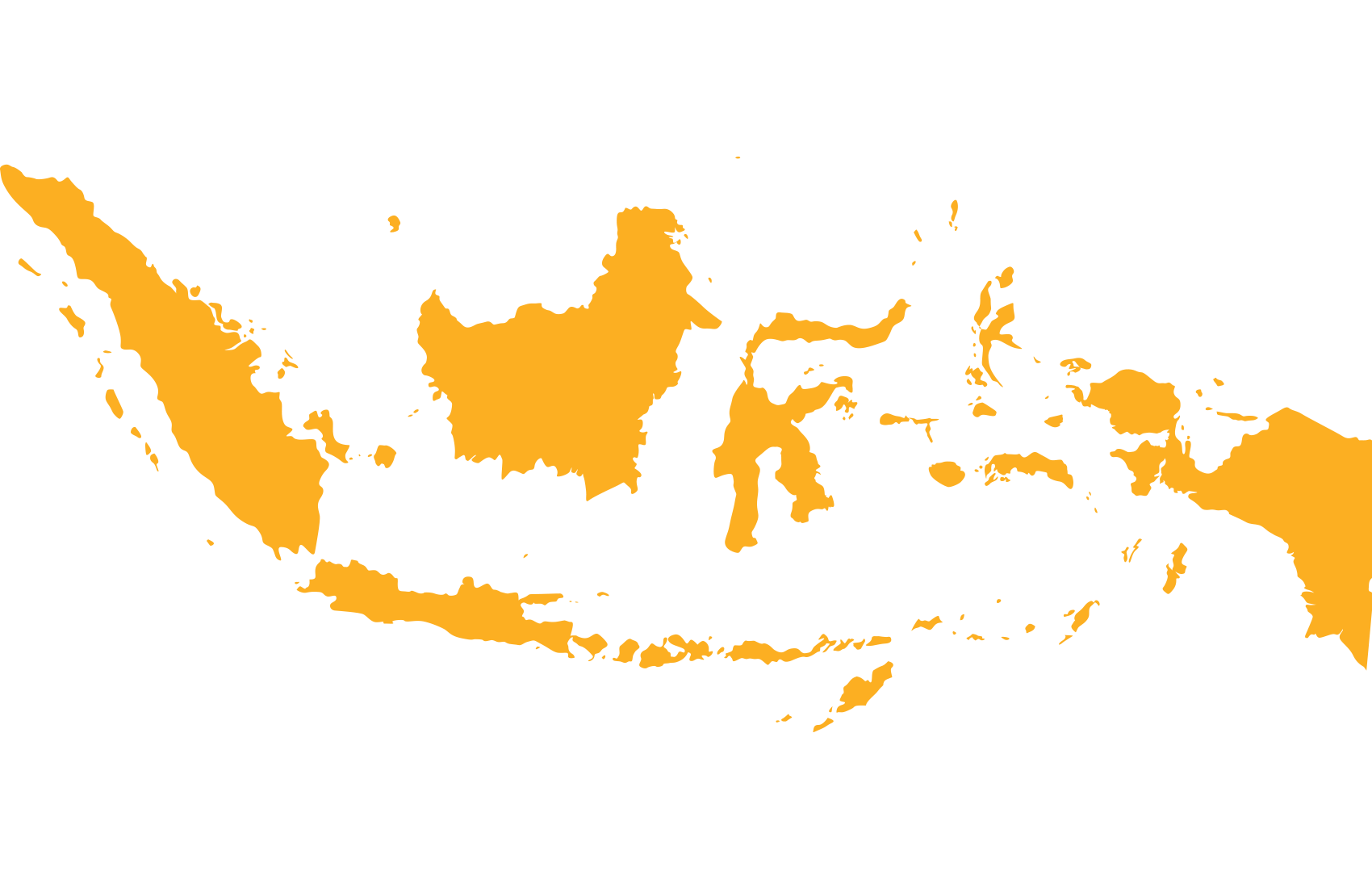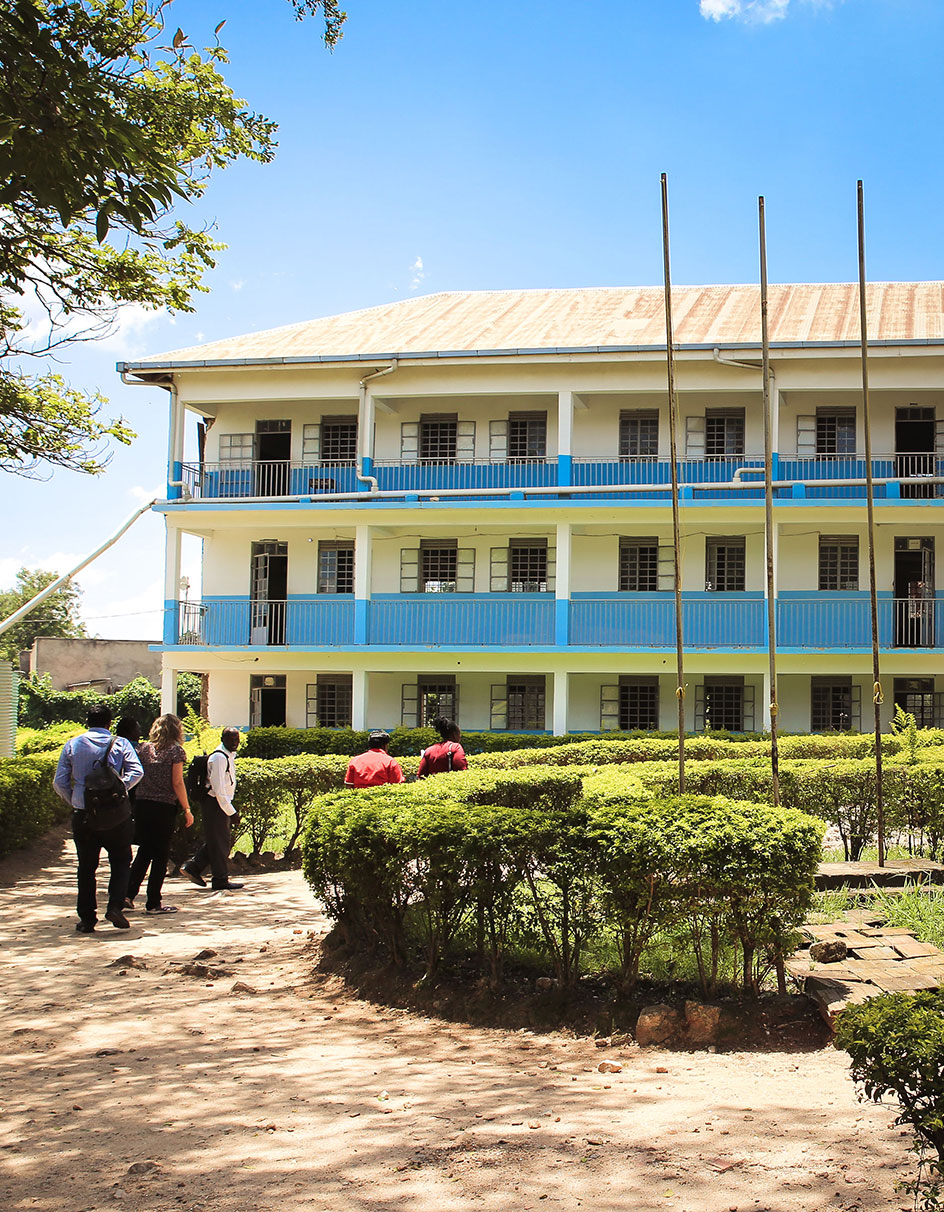Teachers in peer networks
WHERE WE WORK
By 2025, we aspire to reach 25 million children across at least six countries.
WHERE WE WORK
Since 2012, we’ve expanded to 111 districts across India, Uganda and Indonesia.
UGANDA

INDIA

INDONESIA

Our reach
200,000
6 million
Primary and secondary school children reached
111
Districts across India and Uganda
$1 USD
Average cost per child per year
WHERE WE WORK
Capitalising on a demographic dividend in India.
India has the world’s largest school system, serving 600 million young people under the age of 25. One quarter of its citizens is below the age of 14. And growth rates suggest India could be the most populous country on earth by 2025.
This demographic dividend will not last forever. It’s therefore essential that children and young people are equipped with the knowledge, skills, attitudes and values that will enable them to contribute to India’s social, economic and political transformation.
STiR has been working to address these challenges in India since 2012. By 2022, we have reached 180,000 teachers and 4.7 million children in 31 districts across three states (Delhi, Karnataka and Tamil Nadu).
Despite significant disruption during Covid-19, we’re proud to have supported government efforts to ensure the remote continuity of learning. We have experimented with new online learning platforms to support teachers and officials. These include videos, quizzes, field tasks, online discussion forums and group reflection meetings. We have also built the confidence of teachers and officials in using new technologies. As a result, our engagement with teachers and officials has been strong.
We’ve seen exciting signs of success. A research study by our partner Education Development Trust reviewed the first two years of our work in every government secondary school in Delhi. It found that our approach had become deeply embedded and positively contributed to state system reform efforts. This project was also featured in a case study with UNESCO which found that the programme has had noticeable positive effects since its initial implementation.
We’ve seen exciting signs of success. A research study by our partner Education Development Trust reviewed the first two years of our work in every government secondary school in Delhi. It found that our approach had become deeply embedded and positively contributed to state system reform efforts. This project was also featured in a case study with UNESCO which found that the programme has had noticeable positive effects since its initial implementation.
WHERE WE WORK
Managing rapid change in Uganda.
Uganda has one of the youngest populations in the world. Around half of its citizens are under the age of 15. And this population explosion is predicted to continue throughout the coming decades. Investment in education is therefore needed to support economic growth. At present, more than 700,000 young people enter the labour market each year with few job opportunities on offer.
STiR started work in Uganda in 2014. We’ve already reached 60,000 teachers and 2.0 million children in 78 districts and 27 municipalities across the country. During the pandemic, we used radio to engage teachers in continuous professional development. We broadcast sessions every two weeks through national and regional radio stations, and engaged officials through regular telephone coaching. We are now working alongside the Ministry of Education and Sports on a plan to scale our approach to the whole country.
Our efforts are showing that the situation can be improved. A review commissioned by the Mastercard Foundation found that our work directly supports the government’s priorities for improving teaching and learning. It also observed that officials showed commitment to the concept of teacher motivation. And early data from our longitudinal study in 2019 showed that 70% of students were engaged in their learning.
Our efforts are showing that the situation can be improved. A review commissioned by the Mastercard Foundation found that our work directly supports the government’s priorities for improving teaching and learning. It also observed that officials showed commitment to the concept of teacher motivation. And early data from our longitudinal study in 2019 showed that 70% of students were engaged in their learning.

FUTURE COUNTRIES
Expanding our reach and impact.
In 2022, we plan to start a new project in Indonesia, the world’s fourth largest education system. The country is currently entering a fourth industrial revolution. But youth unemployment is among the highest in south-east Asia. We will initially be based in East Java but look forward to expanding to more provinces in the coming years.
We’re also launching a project in Ethiopia. The country is at a critical juncture as the Prime Minister works to deliver his National Roadmap for education reform. We expect our first project to be based in the Southern Nations Nationalities and People (SNNP) region.
Over the next few years, we intend to expand to work in Egypt and Brazil too. It’s our ambition to see these large countries acting as global centres of excellence, supporting others to run the approach.

